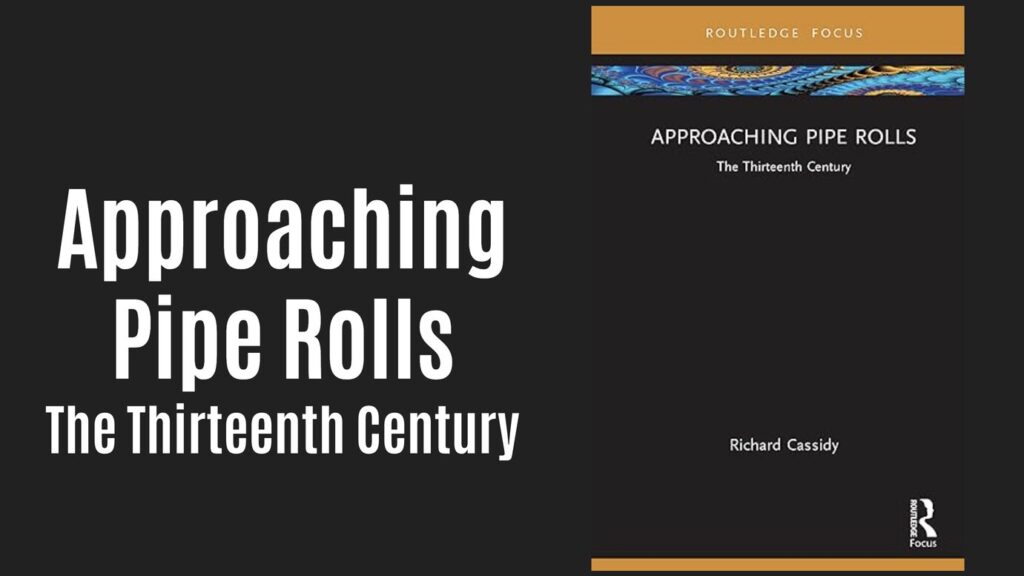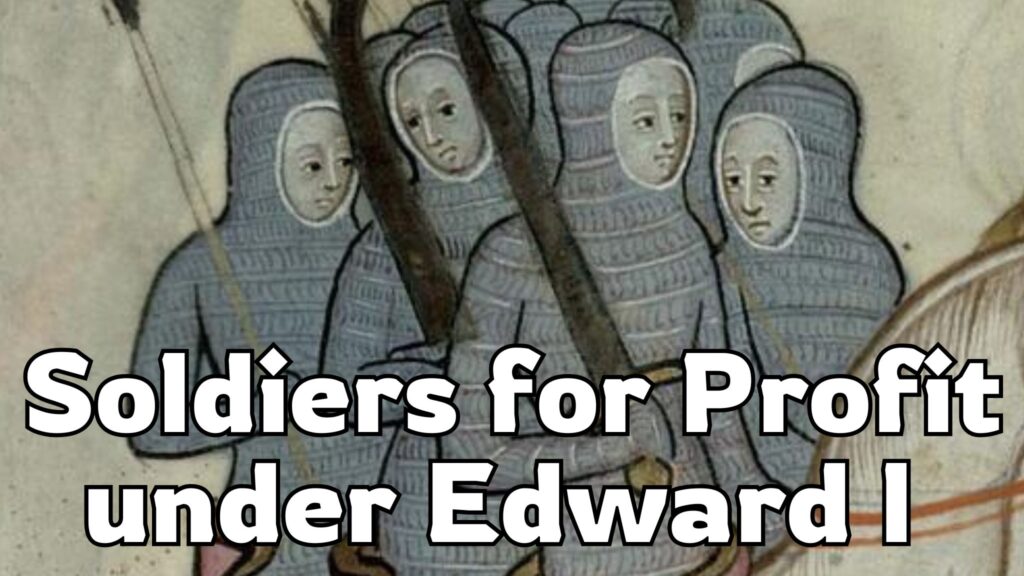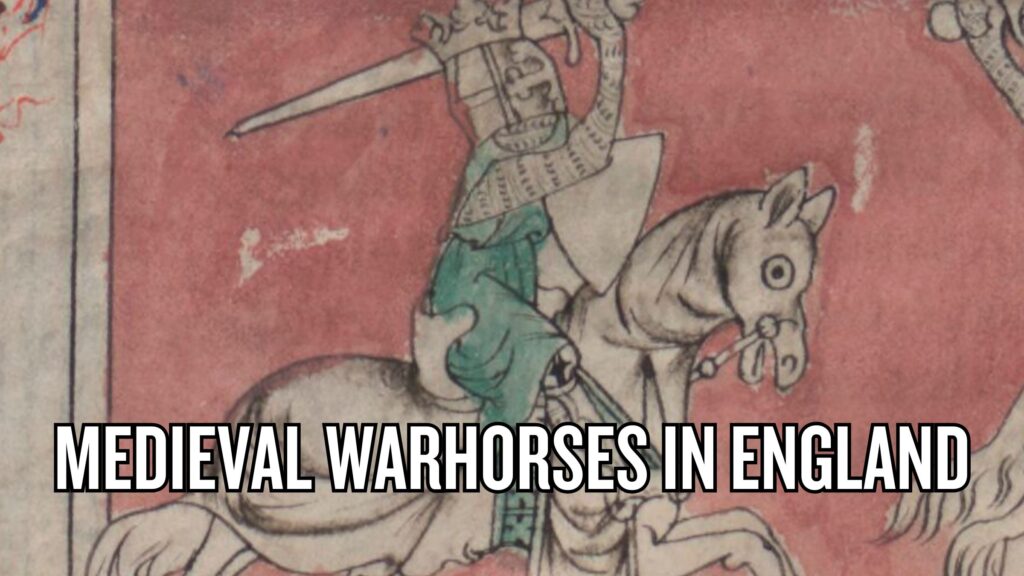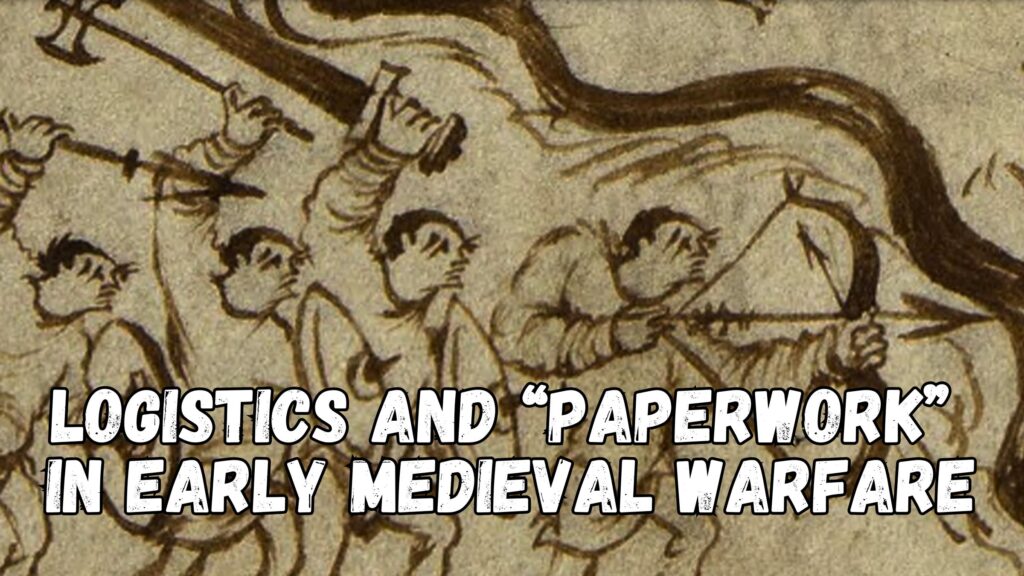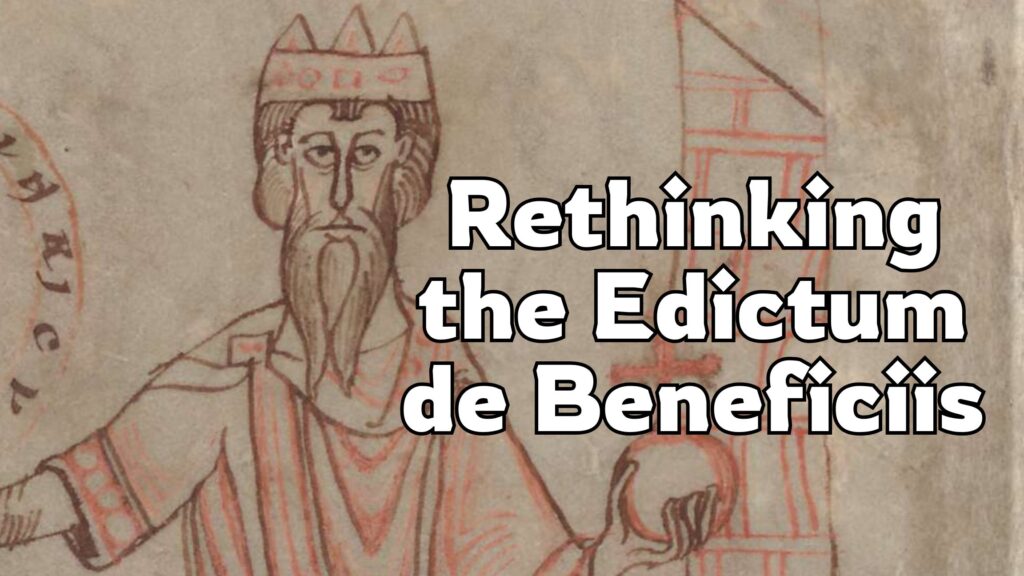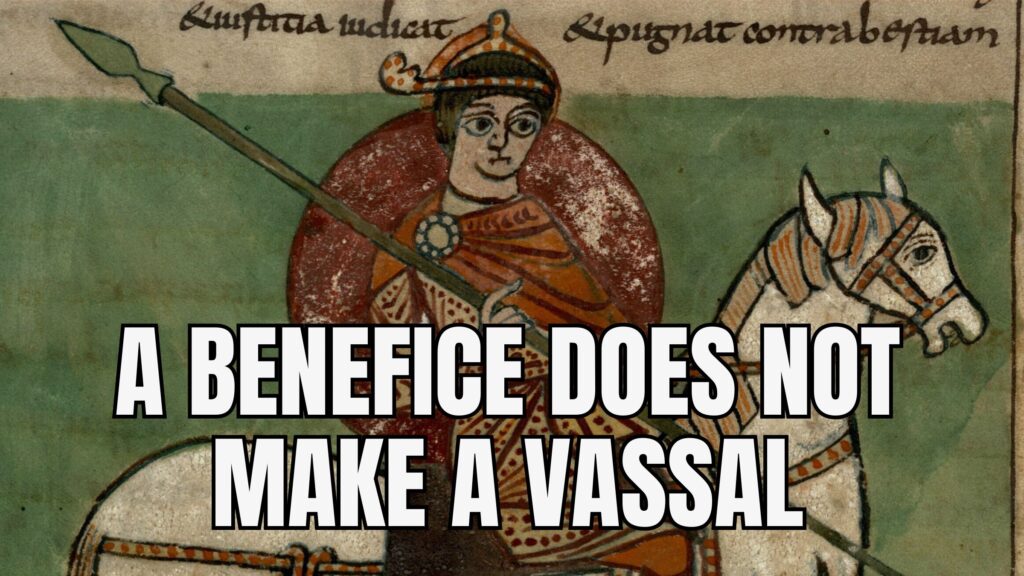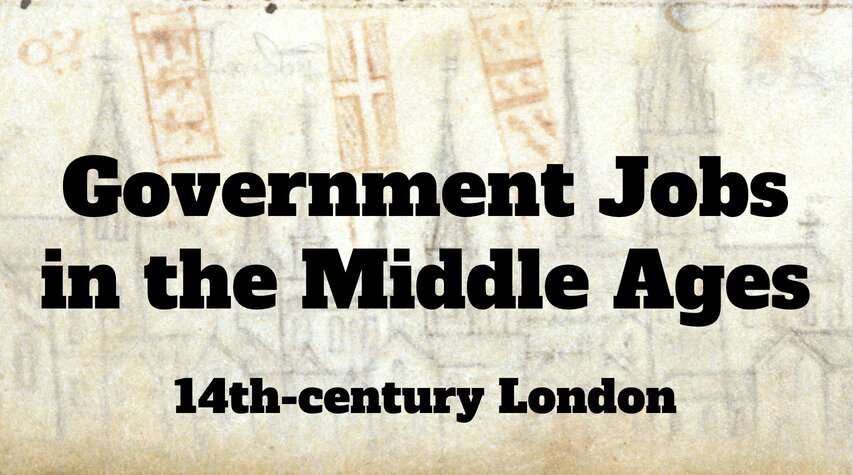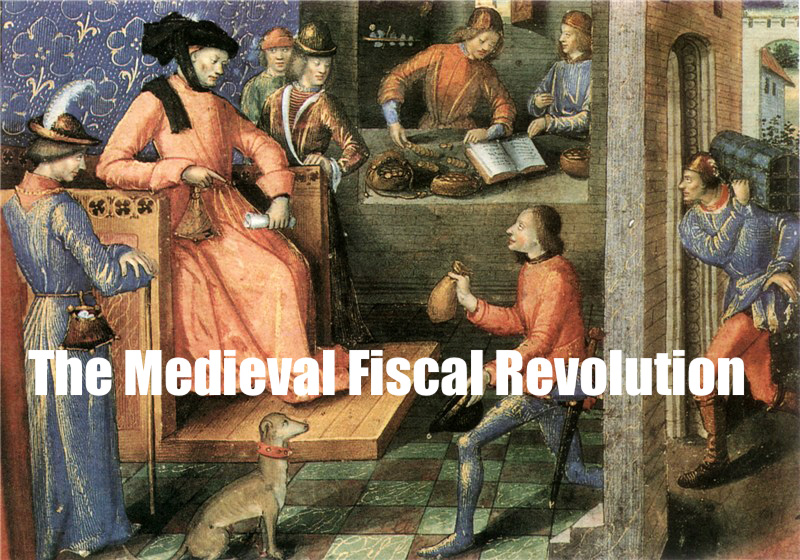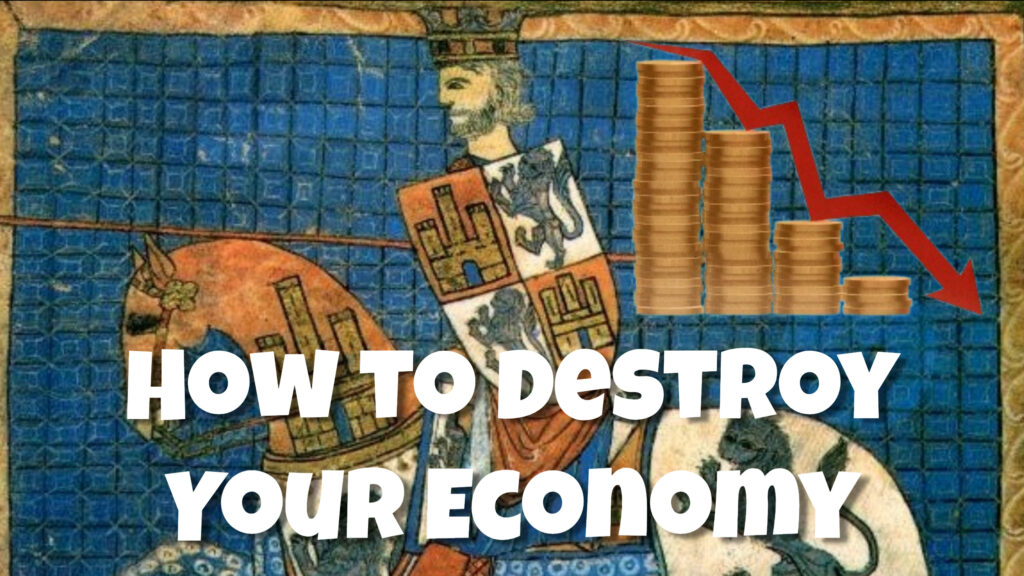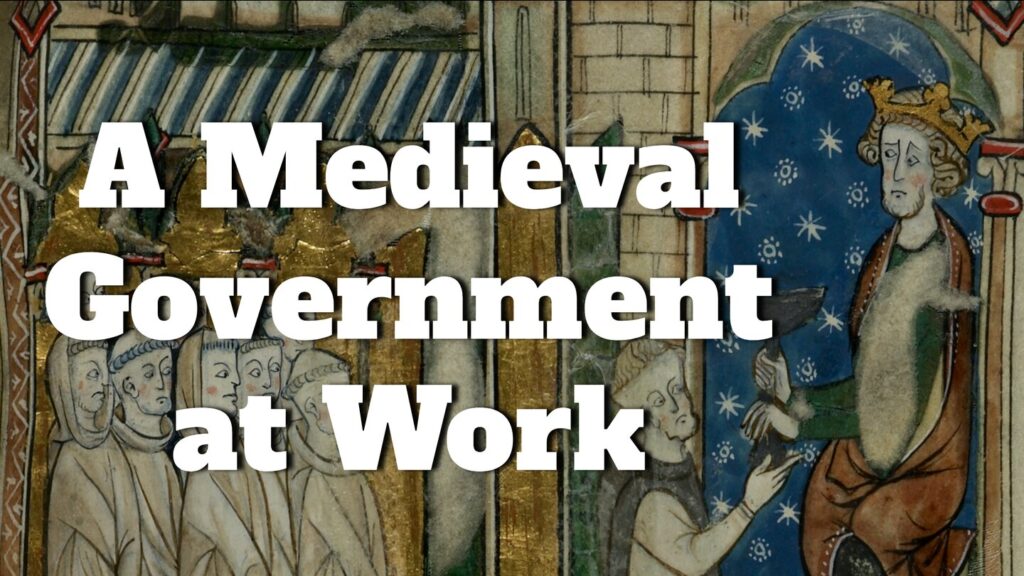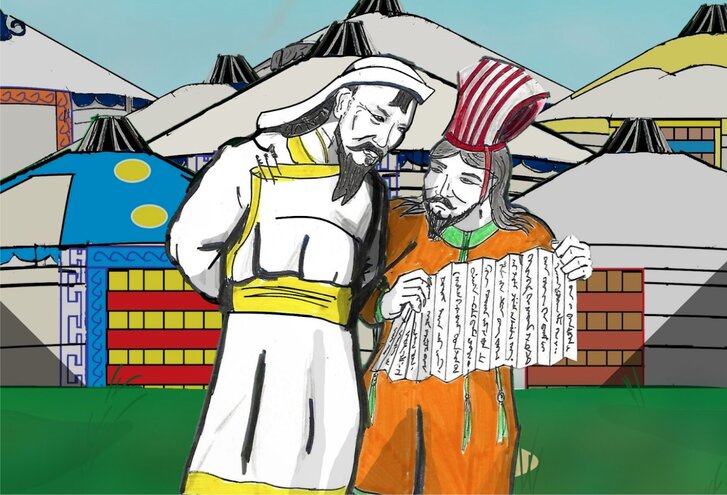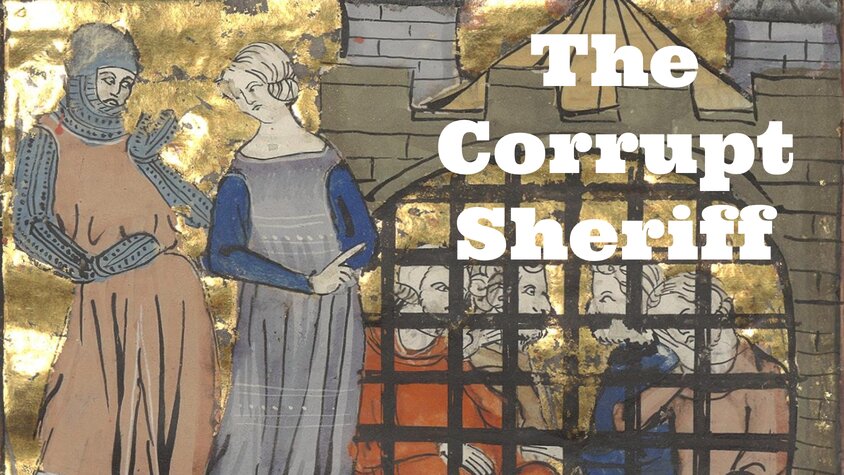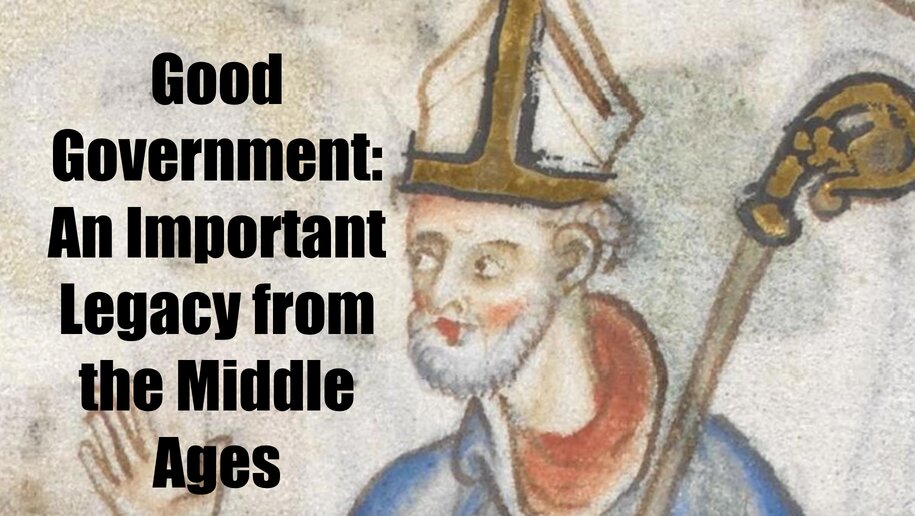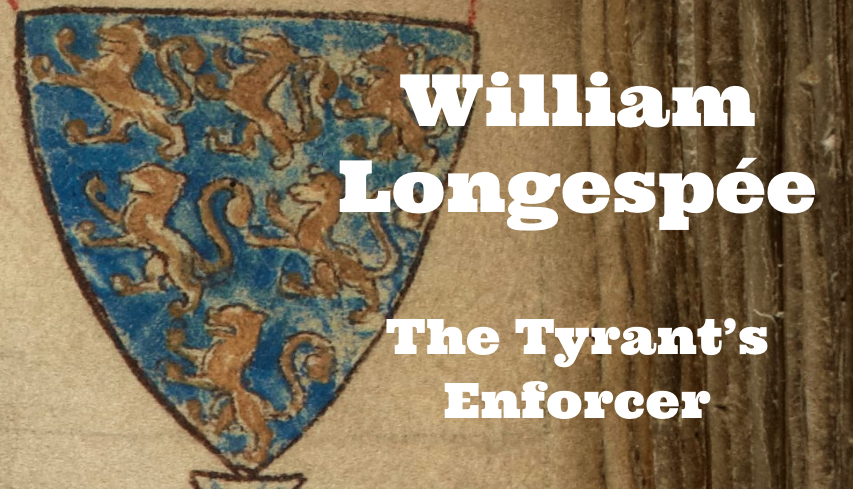New Medieval Books: Approaching Pipe Rolls
This book guides historians in working with Pipe Rolls, the English government’s financial records that date back to the twelfth century. These documents reveal a great deal about how England’s administration functioned during the Middle Ages.
How Medieval Soldiers Profited from War under Edward I
Medieval soldiers in Edward I’s armies often turned warfare into a source of income, creating a new class of mounted military entrepreneurs.
All for the Want of a Warhorse: Horse Breeding and Royal Warfare in Thirteenth-Century England
Edward I responded to England’s medieval warhorse shortage with export bans, foreign purchases, and an expanded royal stud system. His policies show how crucial trained warhorses were to military campaigns in Wales, Scotland, and on the Continent.
Logistics and “Paperwork” in Early Medieval Warfare
Discover how early medieval rulers like Charlemagne organized their wars through meticulous planning and record-keeping, revealing a sophisticated logistical system that kept their armies supplied and ready for campaign.
The Edict of 1037: How Conrad II Reshaped Medieval Power
Discover how Emperor Conrad II’s Edictum de Beneficiis transformed power in medieval Italy. Once seen as the birth of feudalism, this 1037 decree reveals a deeper story of politics, land, and loyalty.
Why a Benefice Did Not Make a Vassal in the Middle Ages
David Bachrach on why holding a benefice did not make someone a vassal in the Middle Ages, challenging long-held assumptions about feudalism and medieval society.
10 Jobs That Kept a Medieval City Running: Inside 14th-Century London
Discover how medieval London was governed with this look at 10 city jobs—from mayors and sheriffs to scavengers and ale-conners—based on a rare 14th-century manuscript known as the Jubilee Book.
The Medieval Fiscal Revolution: How Kings Took Control of Money and Taxes
Discover how medieval kings transformed their realms through a “fiscal revolution” that centralized control over coinage and taxation, reshaping the foundations of state power.
How to Destroy Your Economy: The Case of Alfonso the Learned
A closer look at how King Alfonso X of Castile—celebrated as “the Learned”—undermined his own kingdom through overambitious spending, aggressive economic controls, unstable currency, and heavy taxation. It reveals how one of medieval Spain’s most intellectual rulers engineered an economic collapse.
The Medieval Judicial Revolution: Royal Power and the Rise of State Justice
This article explores the so-called “judicial revolution” of the Middle Ages, showing how European monarchs reasserted control over legal systems and laid the groundwork for the modern state through centralized justice and royal authority.
Medieval Police Chiefs: When Justice Was for Sale
There weren’t many police officers in the medieval world. And, when you see what they got up to, that is perhaps just as well.
New Medieval Books: Politics and Society in Mid Thirteenth-Century England
The English government under King Henry III faced significant political turmoil as tensions between the crown and the nobility escalated. This book delves into how these clashes culminated in a crisis and explores their broader implications for the course of English history.
A Medieval Government at Work: England’s King John
What did a medieval government actually do on a daily basis? Thanks to the rich administrative records from the Middle Ages, we have detailed insights into the workings of royal bureaucracy and how money was spent. One valuable source of such information is the Close Rolls of England’s King John, which provide a glimpse into the decisions and orders that shaped his reign.
Medieval Corruption and Protection with Jonathan Lyon
This week on The Medieval Podcast, Danièle speaks with Jonathan Lyon about a powerful medieval position which could easily lend itself to violence and corruption: church advocate.
Medieval Taxes: How Much Would You have to Pay?
Did medieval rulers place overbearing taxes on their peasants? A study on late medieval Sweden reveals fascinating details about how much peasants had to pay to the royal government in taxes.
Writing and the Mongol Empire
In 1204, the Mongolian warlord Temüjin adopted the Uighur script for his state and people. Two years later, he established the Mongol Empire and took the title of Chinggis Khan. What led an otherwise illiterate Mongol nomad to adopt a script, and how was it implemented in the new Mongol Empire? In this piece, we’ll look at the introduction and use of the written word in the early Mongol state.
Lord of the Pen and Sword: Genealogy and Sovereignty in the Medieval Islamic West
Mohamad Ballan’s project closely examines the phenomenon of the “scholar-statesman”—litterateurs, physicians, and jurists who ascended to the highest administrative and executive offices of state—in late medieval Islamic Spain and North Africa.
The Corrupt Sheriff: The Story of William Heron
From his base in Newcastle, the wicked Sheriff of Northumberland weaved a web of power and corruption in the thirteenth century.
A Byzantine man of affairs, with Dimitris Krallis
Could one rise from a provincial town to a position of power and wealth in the capital without having a military career?
Forgeries in the Middle Ages with Levi Roach
Over the past few years, the world has regularly been abuzz with claims of forgery and fake news. At some points in the Middle Ages, forgery was disturbingly common, often committed by the people we might least expect. This week, Danièle speaks with Dr. Levi Roach about medieval forgery, and how to spot it.
Good Government: An Important Legacy from the Middle Ages
Corruption, especially in government, is an age-old problem. How did people in the Middle Ages try to solve it?
Geoffrey: the Prodigal Son of Henry II
Geoffrey’s devotion to Henry II and the favored status which saw him rise high in his father’s reign
William Longespée: The Tyrant’s Enforcer
Born sometime around the mid 1170s, William Longespée was the son of King Henry II and the most aristocratic and well connected of his known mistresses, Ida de Tosny.
Project to examine late medieval local government
A new research project has been launched to examine the local governments of the historic cities of Augsburg and Aberdeen, and how they evolved in the late Middle Ages.
The 1259 Pipe Roll
The 1259 pipe roll is certainly a vast and unwieldy manuscript roll, taking 23 rotulets and over 200,000 words to set out the accounts of 24 counties or pairs of counties.
